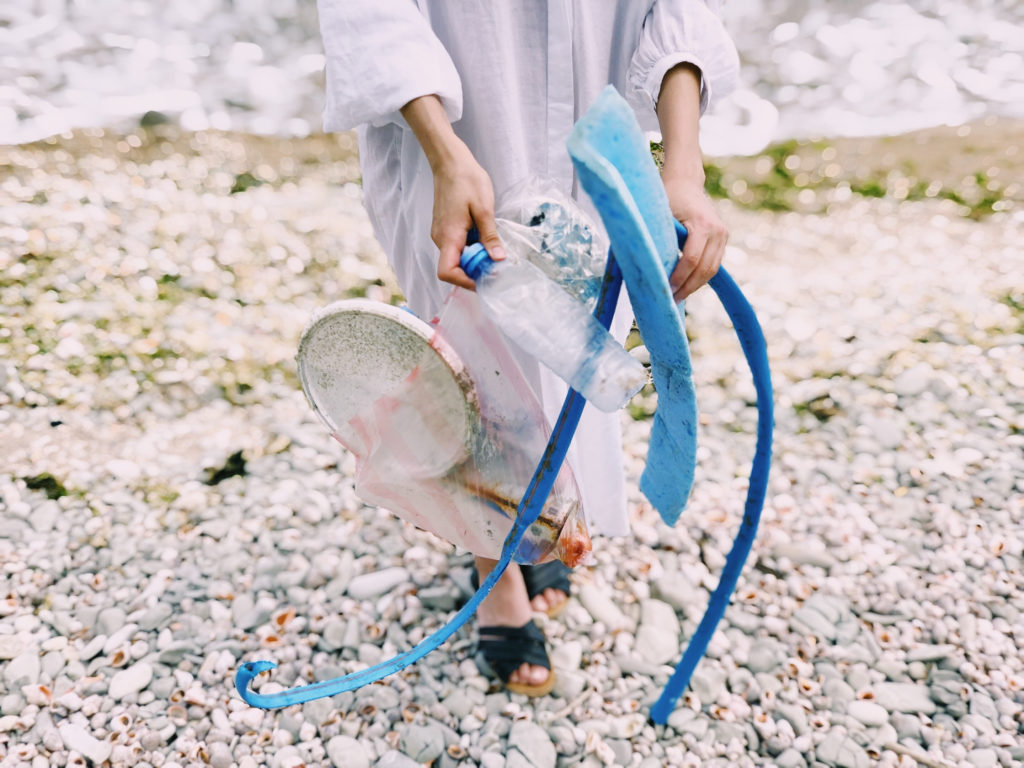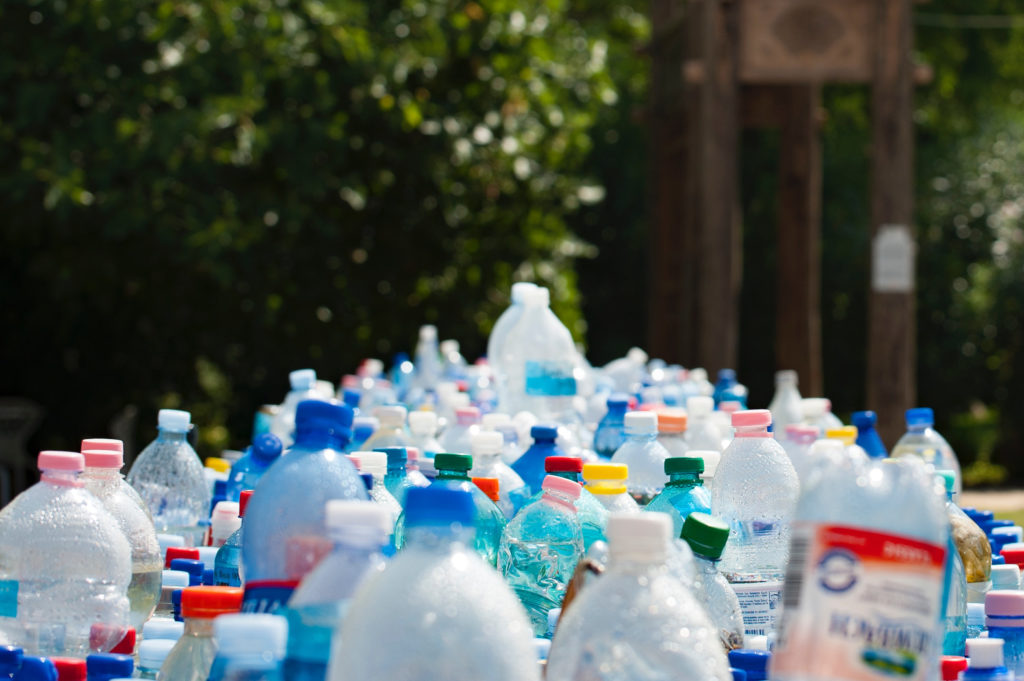REFUSE, REDUCE, RE-USE SINGLE-USE PLASTICS
There are three simple, positive changes we can all make in our day-to-day lives that can help improve the health of our oceans. These changes can be as simple as switching from a single-use plastic water bottle to a reusable one, choosing safe sunscreen for you and your family, and knowing what you’re eating. Sustainable choices can be easy, and we can all join the fight!
How can we sustain Earth’s resources and our oceans for the future?
Plastics survey
Please help us track the impact of this awareness campaign by taking a quick 3-question survey below :
Create your own user feedback surveyFACTS:
- The equivalent of one garbage truck of plastic enters our oceans every minute.
- By 2050, there will be more plastic in the oceans than fish.
- More than 90% of all birds and fish are believed to have plastic particles in their stomach, and it is estimated that the average person may ingest up to 70,000 microplastics particles per year.
What YOU can do:
- Refuse plastic straws and plastic bags.
- Reduce purchasing items in single-use plastic or Styrofoam containers.
- Choose re-usable shopping bags, straws, and containers.


Find more information on single-use plastics
Eriksen, M., et al. “Plastic Pollution in the World’s Oceans: More than 5 Trillion Plastic Pieces Weighing over 250,000 Tons Afloat at Sea.” PlosOne, vol. 9, no. 12, 2014.
Global Citizen. “10 Facts About Plastic Pollution You Absolutely Need to Know.” Global Citizen.
Mighty Nest. “Healthy, Green Products for Home and Family.” 2019.
Smith, M., et al. “Microplastics in Seafood and the Implications for Human Health.” Current Environmental Health Reports, vol. 5, no. 3, 2018.
Wilcox, C., et al. “Threat of Plastic Pollution to Seabirds Is Global, Pervasive, and Increasing.” Proceedings of the National Academy of Sciences, vol. 113, no. 4, 2016.




